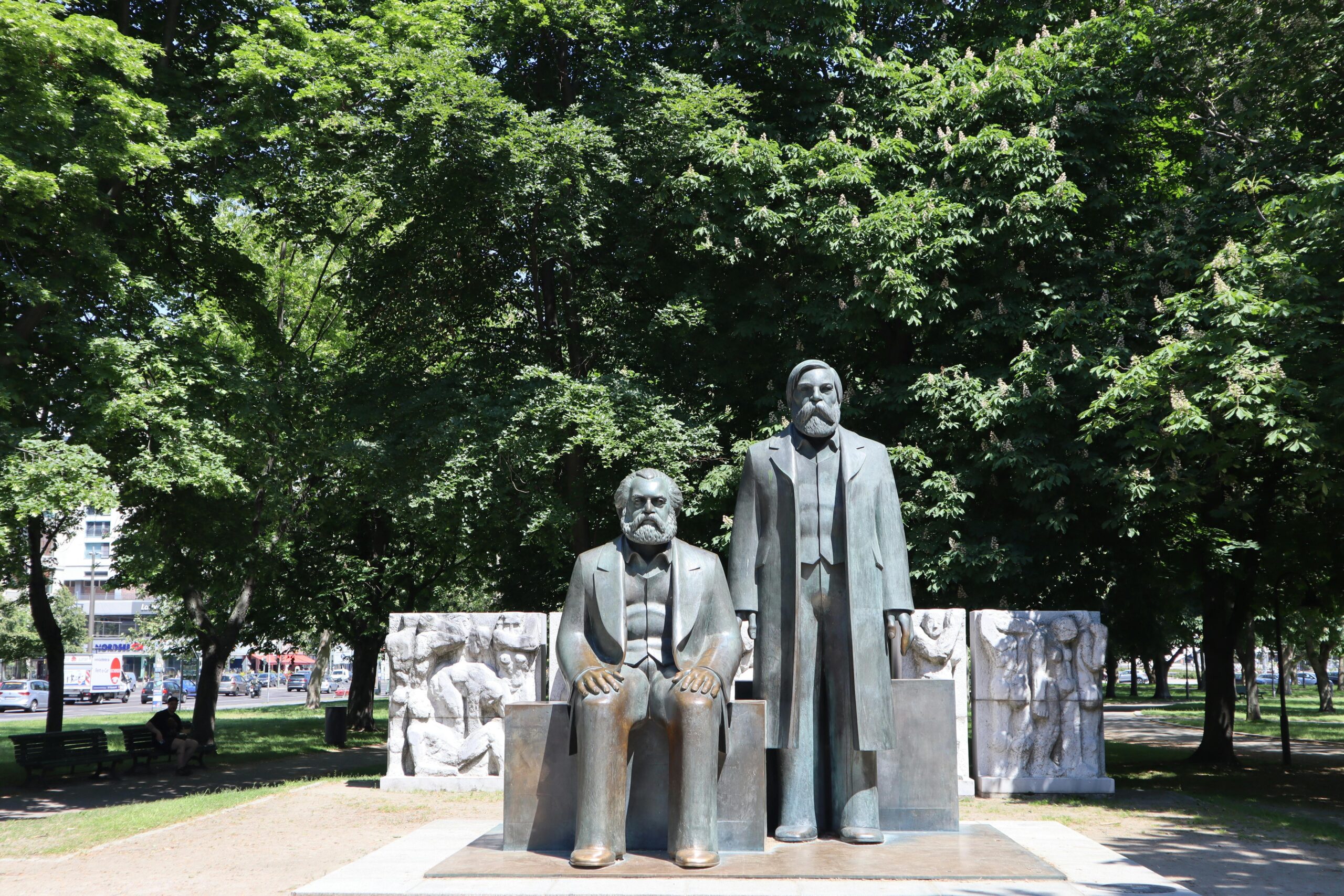By Angela Duckworth
Introduction: Redefining the Secret to Success
What if talent isn’t the key to success? What if passion and perseverance matter more than intelligence, charm, or even opportunity?
In Grit: The Power of Passion and Perseverance, psychologist Angela Duckworth makes a compelling case that success is not about being the smartest or most gifted—it’s about being gritty. Duckworth, a professor at the University of Pennsylvania and a recipient of the MacArthur “Genius” Grant, combines research, real-world stories, and personal experience to explore why grit beats talent—and how we can all develop it.
What is Grit?
Grit is the blend of passion and perseverance that drives people to achieve long-term goals. Duckworth defines it simply as:
“Grit is sustained passion and perseverance for especially long-term goals.”
It’s about showing up consistently, day after day, over years—even decades—without losing focus or enthusiasm. While talent counts, Duckworth argues that effort counts twice: once when it turns talent into skill, and again when it turns skill into achievement.
The Core Idea: Talent Is Overrated
Duckworth begins by challenging the cultural obsession with talent. We often attribute extraordinary achievement to innate gifts. However, talent alone doesn’t predict success nearly as well as effort.
She introduces a formula:
- Talent × Effort = Skill
- Skill × Effort = Achievement
So, effort appears twice—it’s the amplifier of talent and the engine of success.
The Four Psychological Components of Grit
Duckworth breaks grit down into four psychological assets that can be nurtured:
1. Interest
Grit begins with passion, but not necessarily fireworks or love-at-first-sight. It’s deep, enduring interest in something meaningful. Passion in gritty people evolves over time and is supported by curiosity and consistent exploration.
💡 Key takeaway: Gritty people love what they do and develop that love by staying curious and committed.
2. Practice (Deliberate Practice)
Gritty people practice with purpose. Duckworth highlights deliberate practice—a method used by high achievers to continuously refine skills by:
- Focusing on specific goals
- Seeking feedback
- Working on weaknesses
- Repeating until improvement
💡 Key takeaway: Grit isn’t just working hard—it’s working smart and consistently over time.
3. Purpose
Beyond passion, gritty individuals believe their work matters. Purpose gives them a broader sense of meaning—they’re not just pursuing personal gain, but also contributing to something larger than themselves.
💡 Key takeaway: The most resilient people link personal effort to a sense of contribution and higher purpose.
4. Hope (Resilience)
Hope in gritty people is not blind optimism—it’s the belief that they can overcome setbacks through effort. Gritty people are resilient; they bounce back from failure and keep going.
💡 Key takeaway: Gritty people persist through pain because they believe they can improve.
Can Grit Be Developed?
Yes—and Duckworth offers a roadmap for developing grit in both individuals and organizations. She breaks this down into two categories:
A. Growing Grit From the Inside Out
- Interest: Explore what excites you. Try new things. Give curiosity room to grow.
- Practice: Build habits of deliberate practice. Set stretch goals, track progress, and seek feedback.
- Purpose: Reflect on how your interests can serve others. Align daily work with deeper values.
- Hope: Develop a growth mindset. Learn to interpret failure as a stepping stone, not a roadblock.
💡 Quote: “Grit grows like a muscle—it gets stronger with use.”
B. Growing Grit From the Outside In
Duckworth also discusses the power of environment:
- Parents, mentors, coaches, and teachers play key roles in developing grit.
- Gritty culture in schools, workplaces, and families fosters shared values of perseverance and passion.
- “Hard things” rule: In Duckworth’s family, everyone must choose a difficult, interest-based task and stick with it.
💡 Key takeaway: Grit is contagious. Being surrounded by gritty people raises our own standards.
Grit in Action: Real-World Stories
Throughout the book, Duckworth includes stories from:
- West Point cadets, where grit predicts who survives the brutal “Beast Barracks”
- Spelling bee champions, who win not by natural verbal prowess, but by out-practicing others
- Professional athletes, CEOs, artists, and military leaders who value grit over talent
These examples ground her research in real human stories and show how gritty behavior leads to excellence in diverse domains.
Criticism and Reflection
While Grit has been widely praised, some critics argue it may over-emphasize individual effort while overlooking systemic barriers (e.g., poverty, discrimination). Duckworth acknowledges this and clarifies: grit is not a cure-all, but a powerful trait that can be developed, regardless of background.
Final Thoughts: Why Grit Matters More Than Ever
In a world of instant gratification and overnight success myths, Grit offers a refreshing and realistic blueprint for achievement. Duckworth reminds us that:
- True success takes time.
- Passion is not instant—it’s cultivated.
- Failure is not a verdict—it’s part of the process.
The message is clear: Stick with things. Work hard. Find meaning. Be resilient. Repeat.



